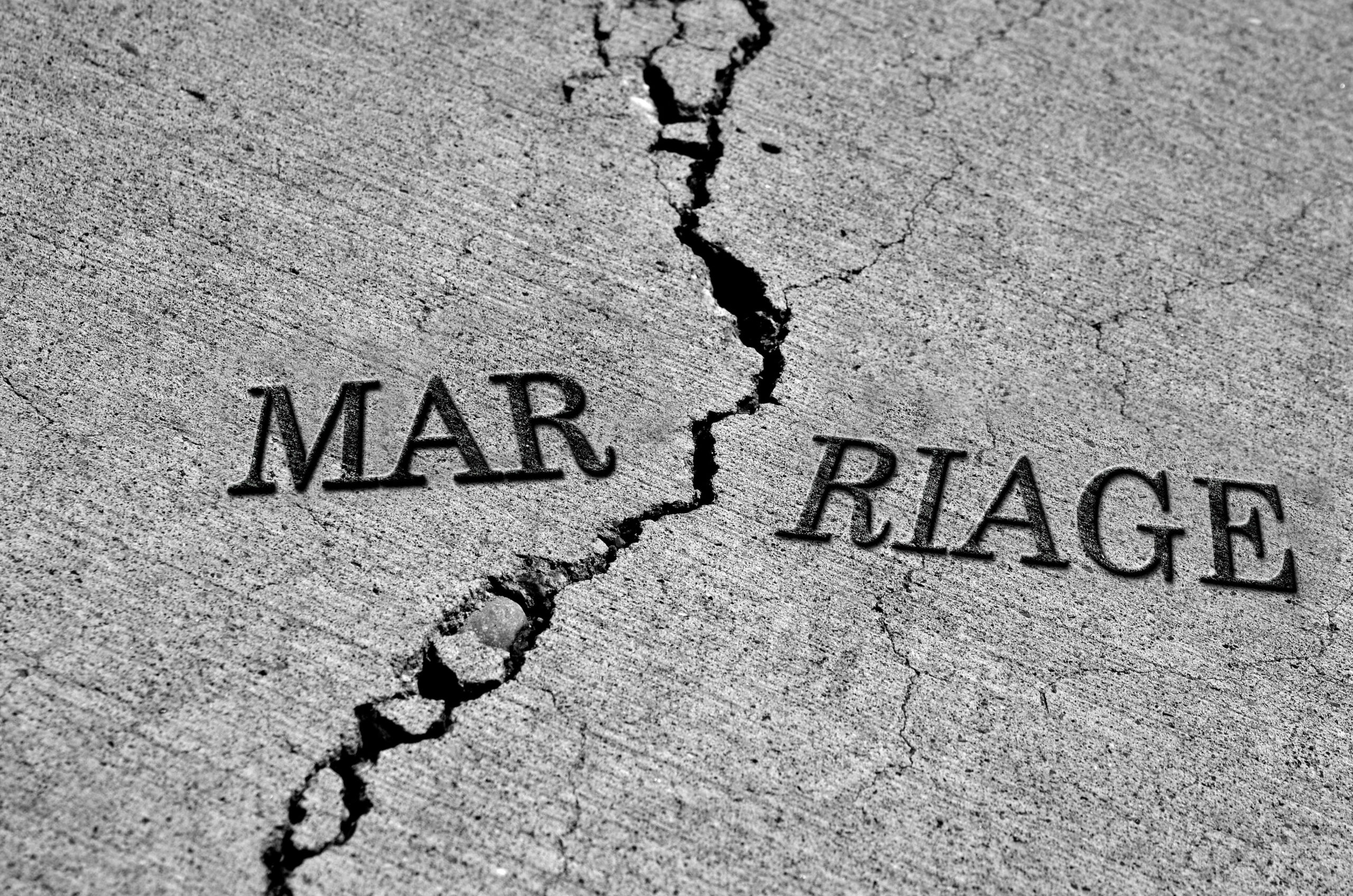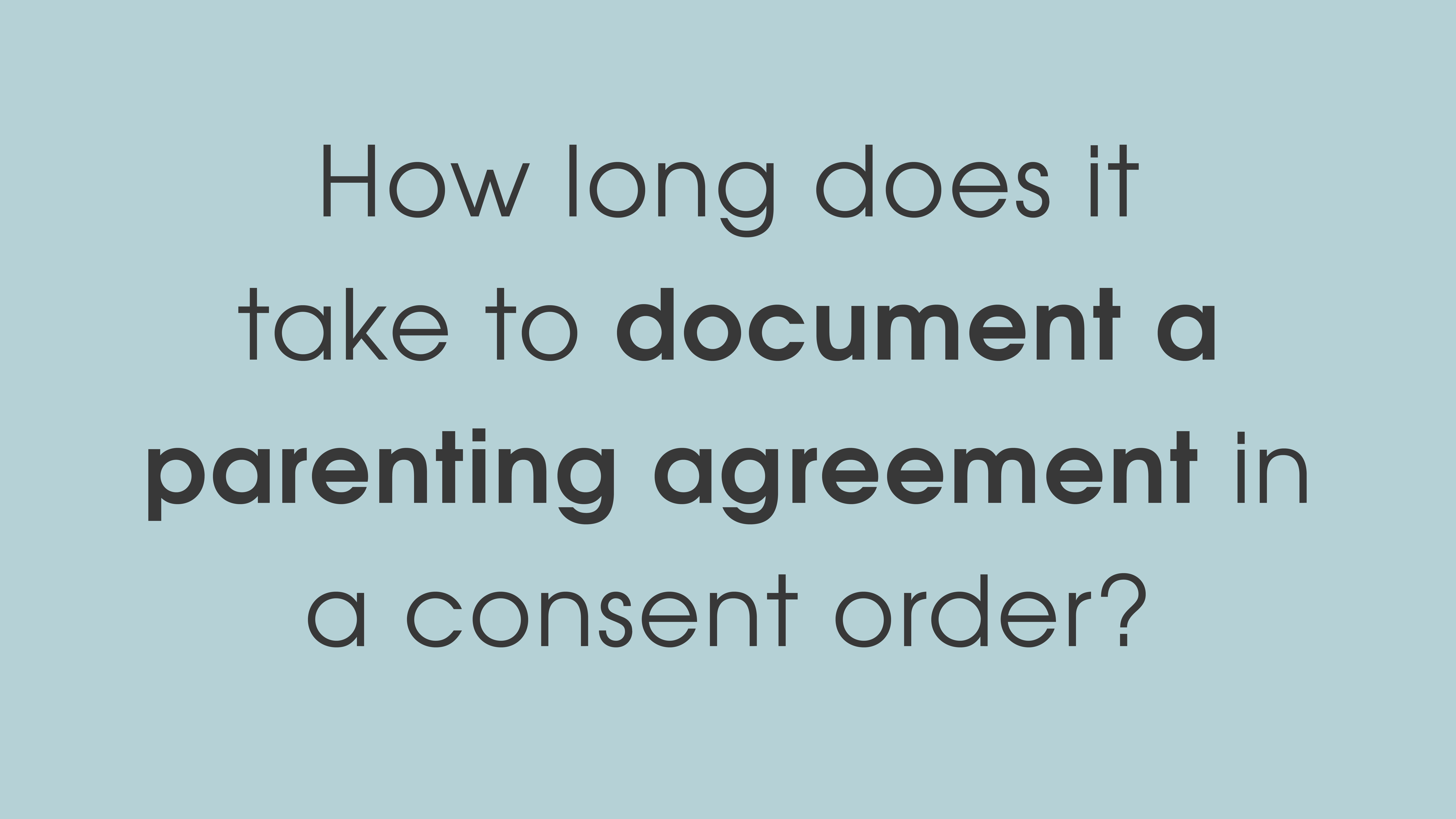Life events that may impact your Will

We lawyers always impress upon people the importance of planning for the best but preparing for the worst. You’ve listened to the advice – done the right thing and made your will – so that’s the end of it, right? Well, maybe not…. This month we take a look at the life events that may have an impact on your will, and highlight those events that will necessitate another trip to the lawyer’s office.
Getting Married? You’ll need to check your Will and may need a new one…
Planning a wedding is a wonderful, exciting time full of fun and plenty of stress, with many important decisions to make. It’s a time to celebrate love and life, so not many people want to turn their minds to dying when they think about getting married. Generally, you are kept busy making arrangements, meeting with vendors and suppliers and all that other stuff that goes along with planning a wedding. Making or revising your will is likely to be very low on the priorities list in the lead up to the big day.
It might be that you have we have been together many years, had children, built assets and for all intents and purposes, lived the life of a married couple for some time. You may have made wills early on and never really given it much more thought since.
The reason to consider your current will or to make a new will is that in Queensland, getting married automatically revokes your existing will. There are some exceptions which provide that if the person you appoint as your executor or the person you give your estate to is also the person you are marrying, then the clauses which make those appointments or give those gifts are not revoked. So, it’s important to see your solicitor to either check that your current will is okay or prepare a new will.
It is not necessary, or indeed desirable, to wait until after you get married to get this done. We can use a simple drafting technique to include a clause stating that the Will is made in contemplation of your upcoming marriage. This means you can make your new will, presumably in favour of your future spouse, before the wedding day. That way you don’t run the risk of dying intestate (without a will) because you never got around to making that appointment. It’s also the perfect opportunity to tweak any parts of your will that no longer fit your current circumstances.
Ending a relationship? You really need a will!
Consider the strange state of affairs that can arise when a husband and wife decide to go their separate ways. Nothing too unusual there – so far so good. But while people move on and start new lives upon separation, divorce itself takes some time. Firstly, the parties must be separated for at least 12 months. Then a divorce application might take two to three months to be heard. So what happens if, between the breakdown of the relationship and the divorce being granted, one of the parties dies without leaving a will?
The strange answer is that the surviving estranged spouse may be entitled to take most, if not all (depending on the circumstances), of the deceased spouse’s property. This will even be the case where husband and wife have consent orders filed in the Family Law Courts and duly sealed, to divide the property of the marriage. The lesson to be learnt here: if you separate from your spouse, see your solicitor immediately!
Getting divorced? Some of your will is revoked
Once your divorce has been finalised by the court, any gift to your former spouse, or an appointment of your former spouse as Executor of your will, is automatically revoked. All other gifts remain valid and the gift to the former spouse that has been revoked by the operation of this section upon divorce will be dealt with as if the spouse had predeceased the testator. Depending on the drafting of the will, this will usually mean the gift either goes to the former spouse’s children, or to the person who gets the balance of the estate, or ‘residual beneficiary’. Of course, the will can be drafted in such a way that the operation of this section is avoided, if that’s what the testator wants.
One of your executors or beneficiaries dies before you?
A well drafted will should deal with contingencies such an executor or beneficiary named in your will predeceasing you. However, it is always good practice to get legal advice, and again, it can be an ideal time to tweak your will to deal with any changes in circumstance.
Our advice?
The best course of action is to be sure that firstly, you have a will, and secondly, keep in mind the impact of certain life events on that will. You will probably need to change, replace or update your will over time. Try not to put it off because the consequences to your loved ones can be significant. Please call our office to discuss making a will, or updating your existing will. We have experienced solicitors ready to help you plan for the future.





